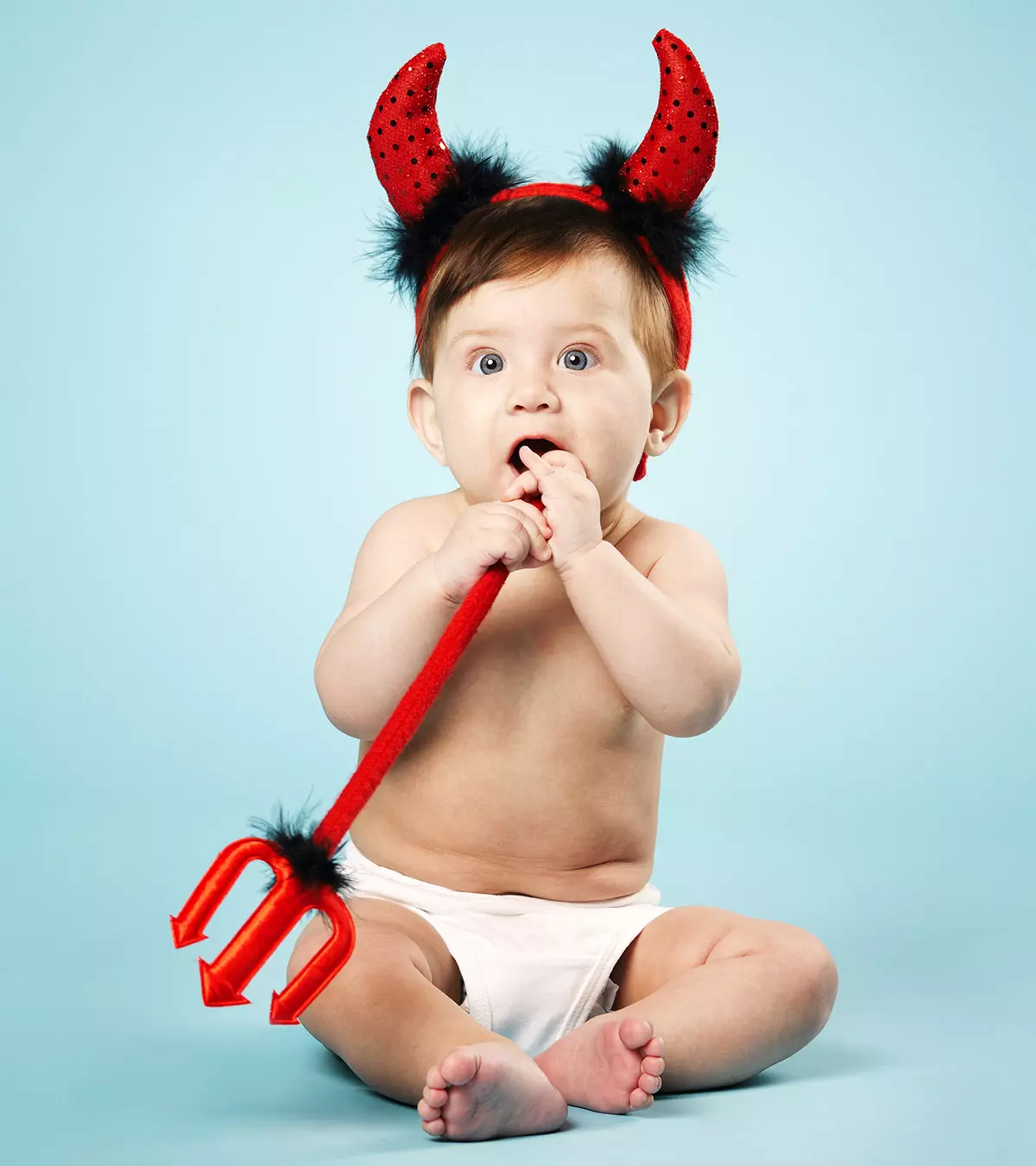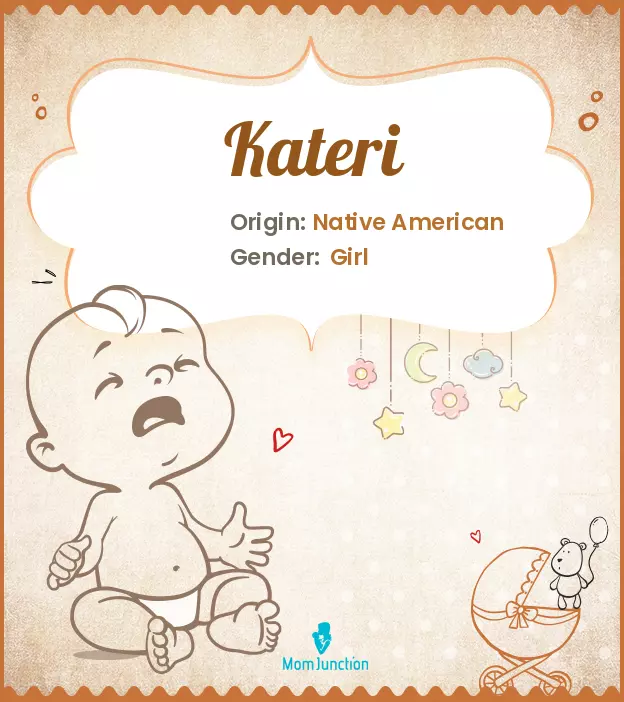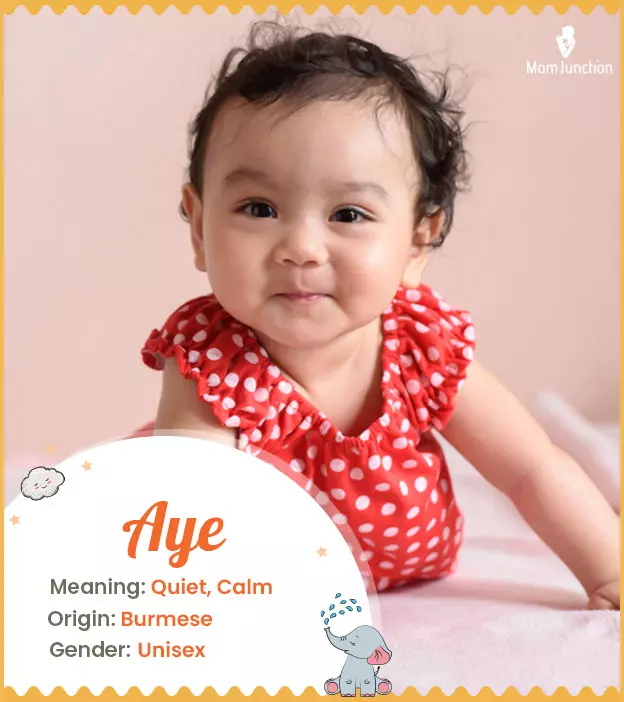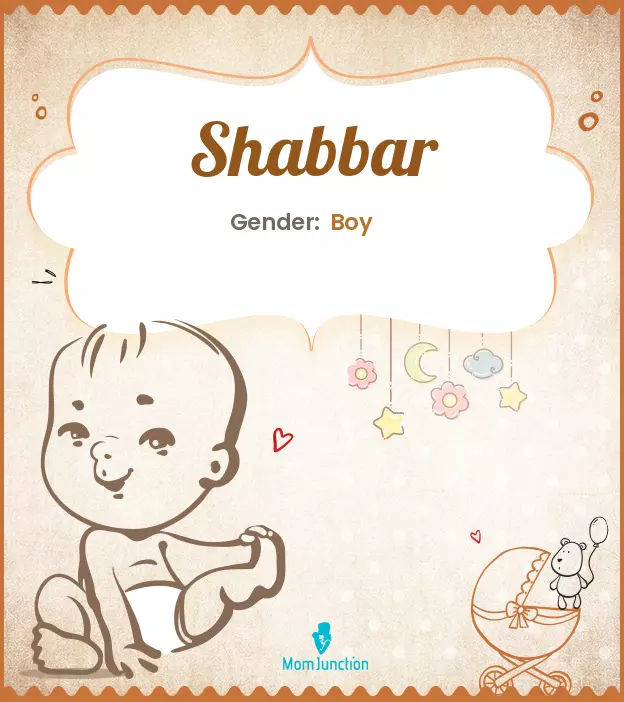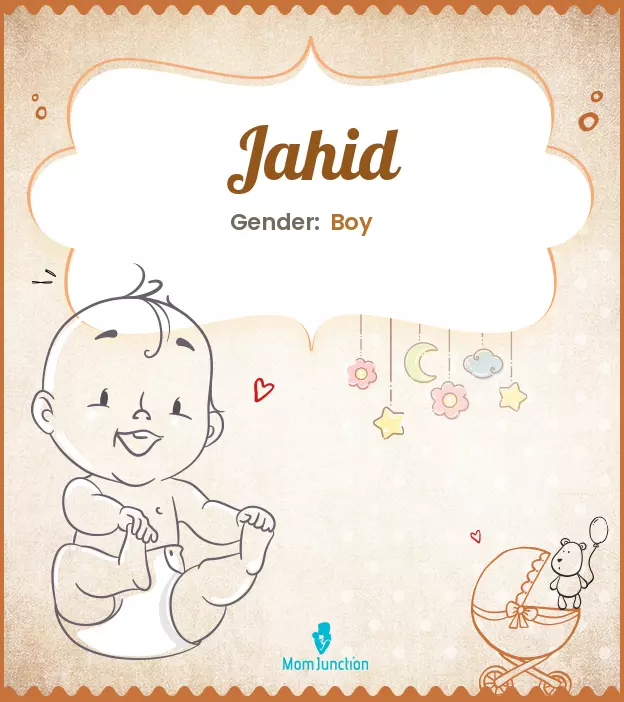96 Beautiful Anglo-Saxon Girl Names With Meanings
Appellations that connect with the ancient culture of the world.
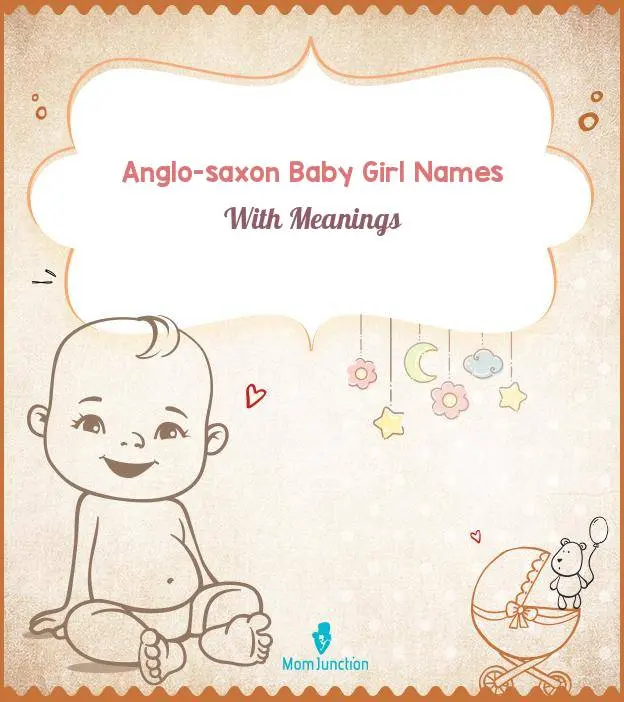
Illustration: MomJunction Design Team
When parents choose a name for their child, they might be drawn to regional names, like hidden treasures waiting to be found. Names from specific cultures and places, such as Anglo-Saxon girl names, have a certain charm that reflects our natural desire to feel a sense of belonging and appreciate the diversity in our world.
After the Romans left Britain, the Germanic tribes arrived around 400 AD. Anglo-Saxon names go back to when Germanic tribes moved to England in the early Middle Ages. These names show how the language and culture of those tribes affected the area.
In the Anglo-Saxon period, people used two elements to create personal names that somehow linked to their parents' names. For example, if the parents were Cyne (royal) and Wolfe (wolf), they might name their daughter Cynewolfe. As a result, these dithematic names didn't have clear meanings but were based on the parents' names.
The Anglo-Saxons did not utilize last names like we do today. They added their place of origin or occupation to their names to distinguish individuals with the same first name. For example, a woman named Edith who lives in Blackburn may be referred to as Edith of Blackburn or just Edith Blackburn. A blacksmith named Edward could be referred to as Edward the Smith or just Edward Smith. Some of the last names we use today are based on jobs or roles because of this naming system (1).
The historical importance of Anglo-Saxon names resides in their capacity as cultural relics, offering a window into the early medieval era and the shaping of English identity. Some Anglo-Saxon names have lasted over time and are still used today. This shows how these names have influenced naming customs. The ongoing interest in and use of Anglo-Saxon names highlights their long-lasting cultural legacy and their role in shaping the English-speaking world.
Without any delay, pick your favorite Anglo-Saxon name for your little princess now. You can make the search easier by exploring the meaning and saving names to share with your loved ones.
On This Page
Browse Baby Names By Gender
Browse Baby Names By Alphabet
| Name | Gender | Meaning | |
|---|---|---|---|
| | Horse lover; Horse joy | ||
| | Great battle | ||
| | She is a prophet | ||
| | Handsome; Beautiful; Good; Royal; Victory | ||
| | Favor; Grace; Noble strength | ||
| | My father is joy; My father rejoices | ||
| | Day of Resurrection of Christ; Pagan goddess of fertility | ||
| | A variant of Merewen, which means renowned joy, great pleasure, or splendid delight | ||
| | Little bee; Becca's homestead; Pickaxe | ||
| | A name of the Brigantes Queen | ||
| | Woman bold like a fortress | ||
| | Hailing from a dark, dull village with no source of light | ||
| | A massive fortress | ||
| | One who keeps records | ||
| | A born Queen | ||
| | Daughter of a King | ||
| | The one from Royal fortress | ||
| | A famous personality | ||
| | Sweet and lovable | ||
| | A healthy, cute, and a master of great personality | ||
| | Fortune; Fortress | ||
| | Wealth; Protection | ||
| | A rich gift to mankind | ||
| | Wife of a wise counselor | ||
| | Wise wife of a counselor | ||
| | Maid of a rich battle | ||
| | One who is lucky and fertile | ||
| | One with broad visions and ideas | ||
| | One who is joyful and happy | ||
| | A happy natured person who is in love | ||
| | The one who is prosperous and lovely | ||
| | Blessed to be successful person or individual | ||
| | A born Princess; they are efficient and joyous | ||
| | Fighting woman; one who is a good speaker | ||
| | Warrior; one who has varied experiences | ||
| | One who came from edinburgh | ||
| | A brilliant sword which is unique | ||
| | A shining sword which can kill | ||
| | A pointed edge of sword; very sharp | ||
| | Joyous and loving person | ||
| | Joyous and lovely person | ||
| | A wealthy and sweet natured person | ||
| | A gift from the Elves | ||
| | A beautiful friend of the Elves | ||
| | Strong temple; Elf from the willow trees | ||
| | A friend of the elves | ||
| | A battle | ||
| | A battle of boars | ||
| | Somebody who takes a public oath | ||
| | Someone who has taken a public oath | ||
| | Goddess of the dawn and fertility | ||
| | Truth | ||
| | Variant of Fionn; Fair; White | ||
| | Peace that is sustainable | ||
| | Sustainable peace | ||
| | One living with peace | ||
| | One who is with peace | ||
| | One who likes peace | ||
| | A topographic name; Hill; Stream | ||
| | Gift of God; Variant of Goldgifu | ||
| | Wood; Pearl | ||
| | A deserving low-born woman | ||
| | One who deserves something | ||
| | An Anglo-Saxon name for a low-born women | ||
| | Of fame and honor | ||
| | Army love | ||
| | An old Anglo-Saxon female name | ||
| | A name given to a low-born daughter | ||
| | A low-born daughter's name | ||
| | A low-born child's name | ||
| | A daughter who is of low status | ||
| | A woman who was born in a low status | ||
| | A woman who is of low rank | ||
| | A name given to she who is of low rank | ||
| | An Anglo-Saxon female name | ||
| | A female name of Anglo-Saxon origin | ||
| | A girl's name of Anglo-Saxon origin | ||
| | A female Anglo-Saxon name | ||
| | A low-born woman's name | ||
| | A girl of low heritage | ||
| | A baby girl of low ranks | ||
| | An Old English name | ||
| | An Anglo-Saxon girl's name | ||
| | A female name of Anglo-Saxon origin | ||
| | Royal fortress | ||
| | The fortress of the lords | ||
| | A beloved gift | ||
| | God Save us; Tame; Wolf; Sole God; Deliver us | ||
| | An ancient lady monarch | ||
| | One who is employed in the park | ||
| | Wealthy; Rich | ||
| | She is the gift of the Sun | ||
| | A mythological spirit of Air | ||
| | Battle of fortune; Wealthy battle; Joyous | ||
| | Little wealthy one | ||
| | Church | ||
Anglo-Saxon girl names are loved by parents, and they have left a lasting mark on the English language. Many famous English names trace their roots back to the Anglo-Saxon tradition. They hold historical value, offering insights into early times and English culture. Their endurance over generations shows how they shaped naming practices. These names, rooted in tradition and culture areas, carry an irresistible charm that resonates deeply with the human desire to connect.
Frequently Asked Questions
1. How did Anglo-Saxon baby girl names evolve over time and what is the difference between Anglo-Saxon and modern English names?
Anglo-Saxon names have undergone considerable changes over the years. The Norman Conquest also had a huge impact on the evolution of names. Many Anglo-Saxons were believed to have used Norman names for their children as a sign of loyalty to the new rulers. Initially, the spellings of the names were written in Old Germanic or Old English forms. But with the development of language, names like Ælfræd are now spelled as Alfred.
2. What are some historical figures with Anglo-Saxon baby girl names?
Judith of Flanders is one historical figure with an Anglo-Saxon name. She is known for her piety and is considered to be a patron saint of the arts. Another prominent female figure of the Anglo-Saxon period is Emma of Normandy. She was the wife of two Anglo-Saxon kings, Æthelred the Unready and Cnut. She played a major role in the politics of Normandy during the 11th century.
3. What was the process for choosing names for Anglo-Saxons?
Anglo-Saxons did not use surnames as we do today. They usually associated their given name with the place they belong to or the occupation they practice. For example, Erik who lived in Blackburn would be known as Erick of Blackburn or Eric Blackburn, or if he was a baker, he would be Erick the Baker or Erick Baker.
4. Why is it called Anglo-Saxon?
The term Anglo-Saxon was not self-termed. It was first used in the eighth century to distinguish between the Germanic-speaking population who lived in Britain and the ones who already inhabited it. The term possibly gained popularity by the ninth century when King Alfred the Great used it to assert his power and supremacy (2).
Infographic: Alluring Anglo-Saxon Baby Girl Names
Discover the charm of Anglo-Saxon baby girl names, each a piece of history and identity waiting to be explored. These names hold the spirit of culture and tradition. Imagine your adorable little princess with a name that echoes the strength of generations. The names in our infographic range from classics to modern, each a nod to heritage and uniqueness. Illustration: Momjunction Design Team
References
- Regia Anglorum - The Language of the Anglo-Saxons and Vikings.
https://regia.org/research/misc/languag.htm#:~:text=Although%20the%20Anglo%2DSaxons%20did,be%20known%20as%20Edith%20of - Introduction to The Anglo-Saxon World.
https://yalebooksblog.co.uk/2013/07/31/an-introduction-to-the-anglo-saxon-world-by-nicholas-higham-and-martin-ryan/
Look Up For Many More Names
Do you have a name in mind and want to know more about it? Or want to find names belonging to a particular origin, religion, or having a specific meaning? Use our search tool below to explore more baby names with different combinations.

Community Experiences
Join the conversation and become a part of our nurturing community! Share your stories, experiences, and insights to connect with fellow parents.
Read full bio of Nida Shaikh
Read full bio of Shikha Thakur
Read full bio of Ratika Pai











